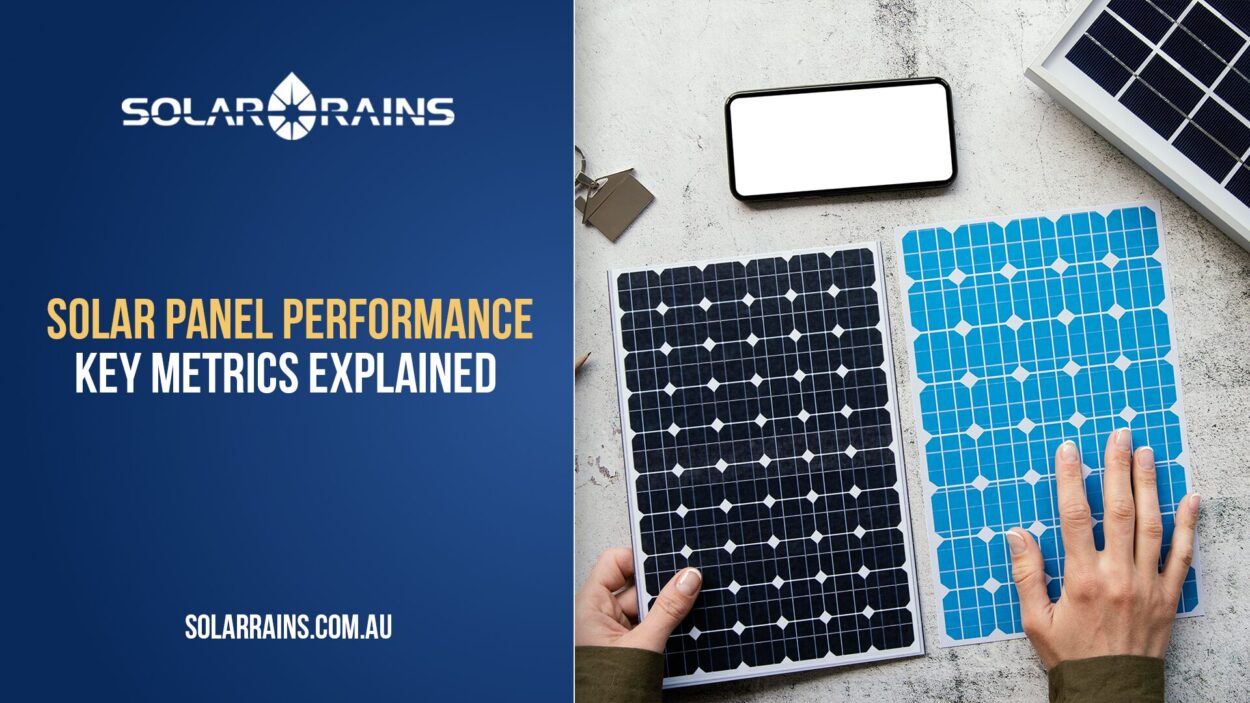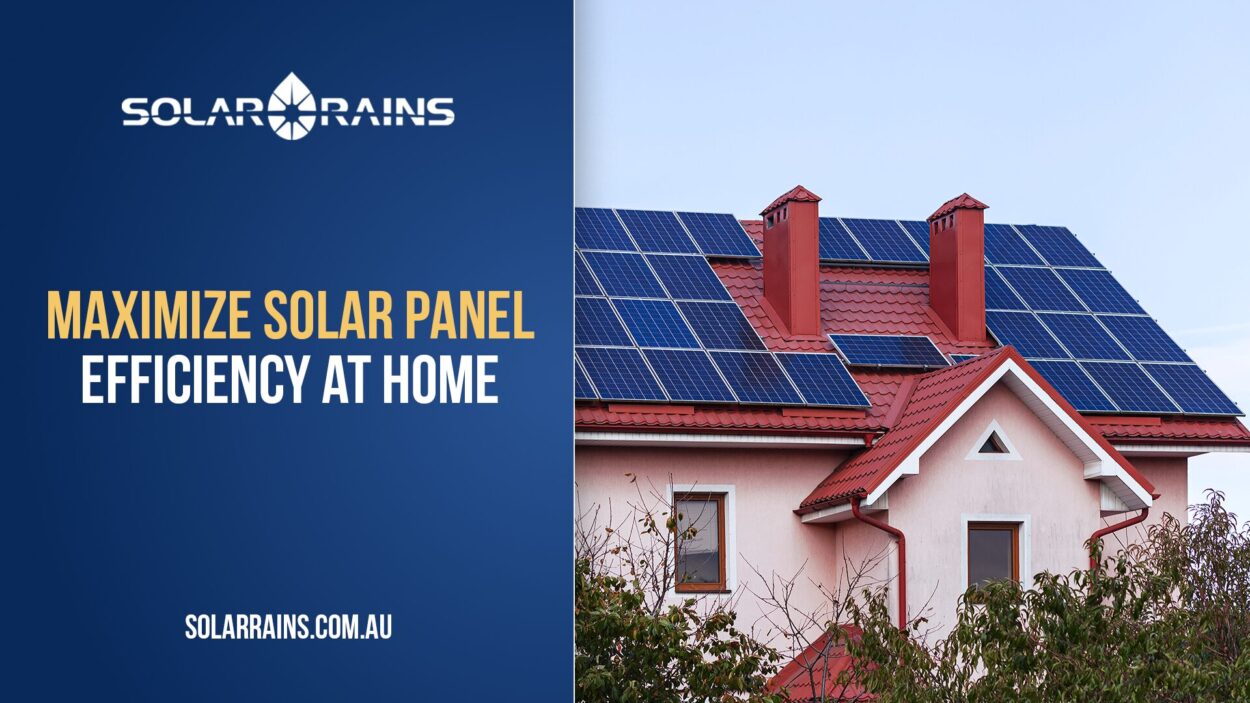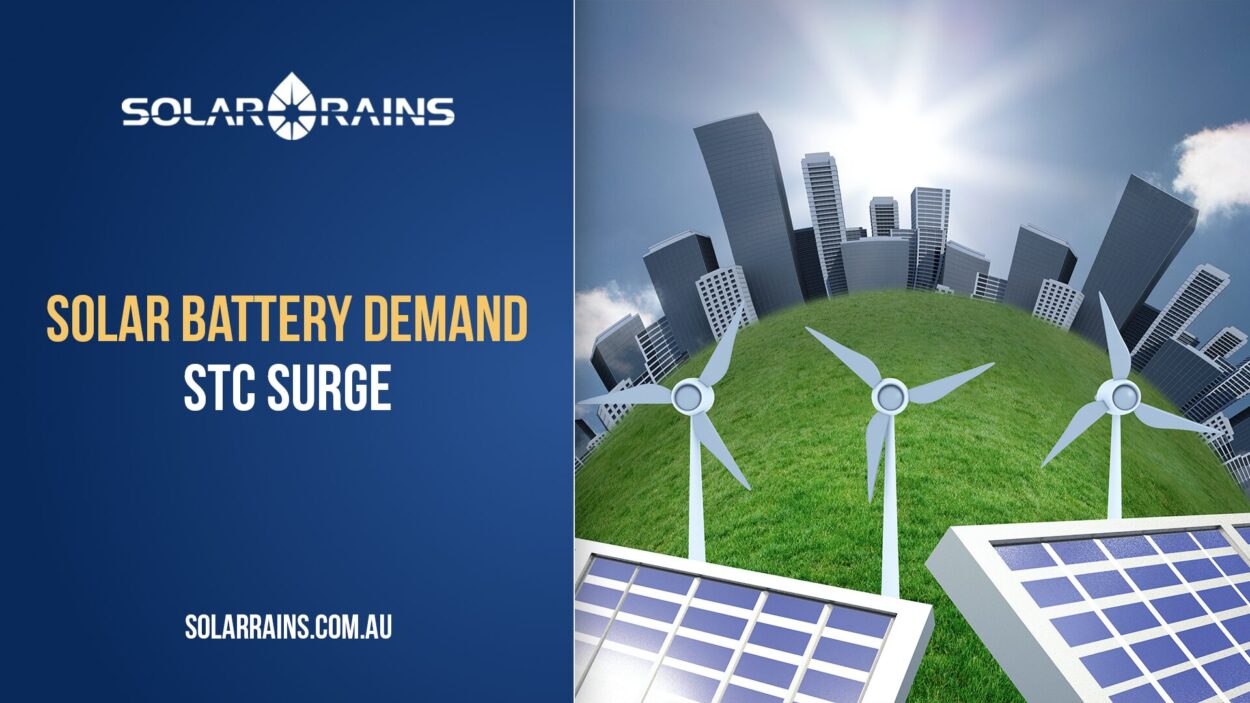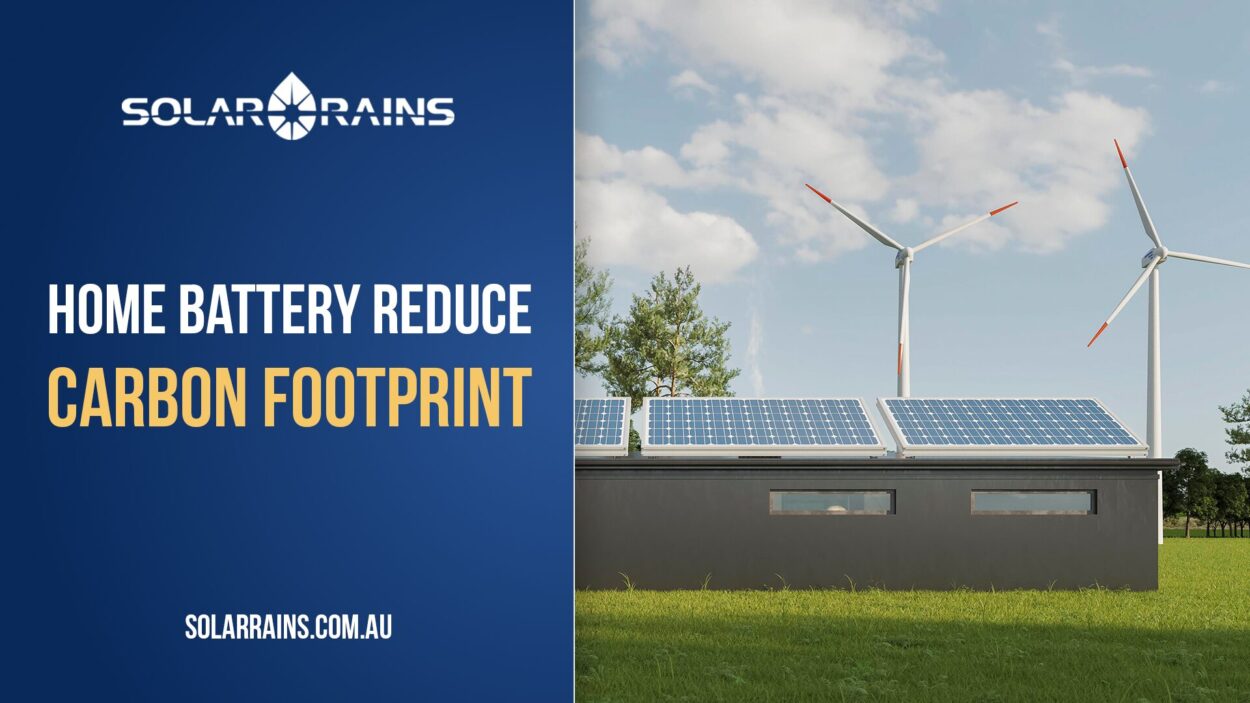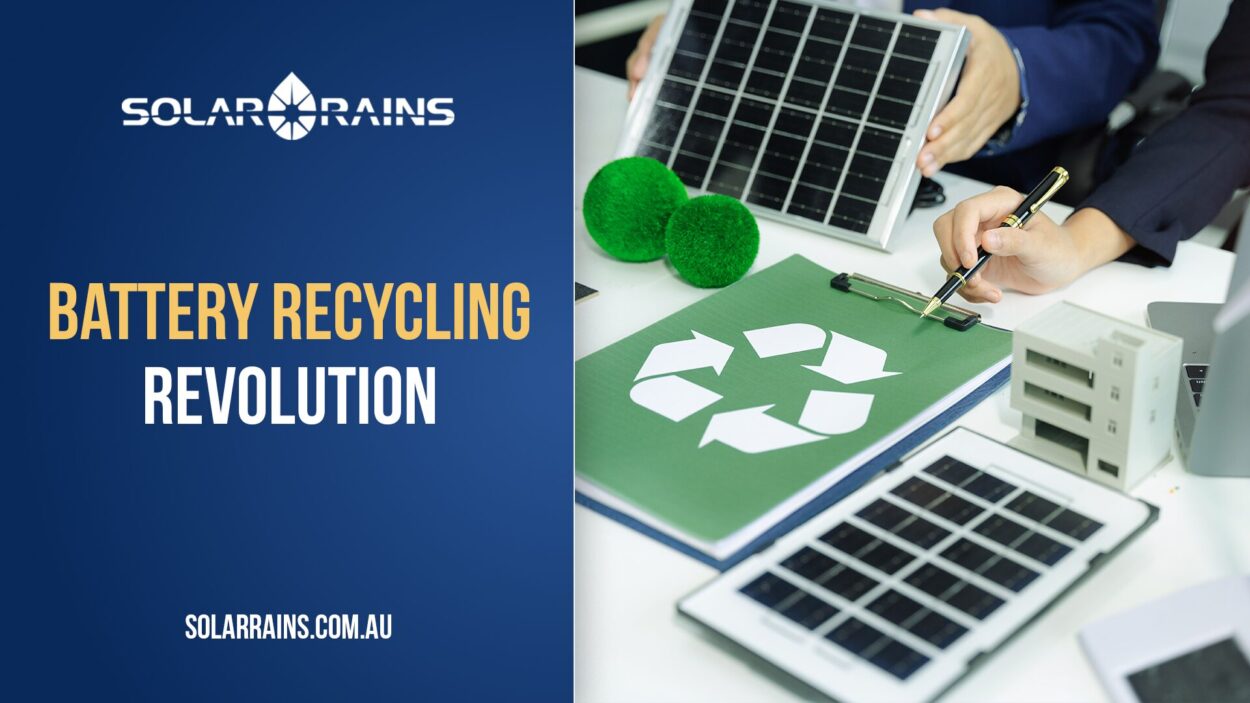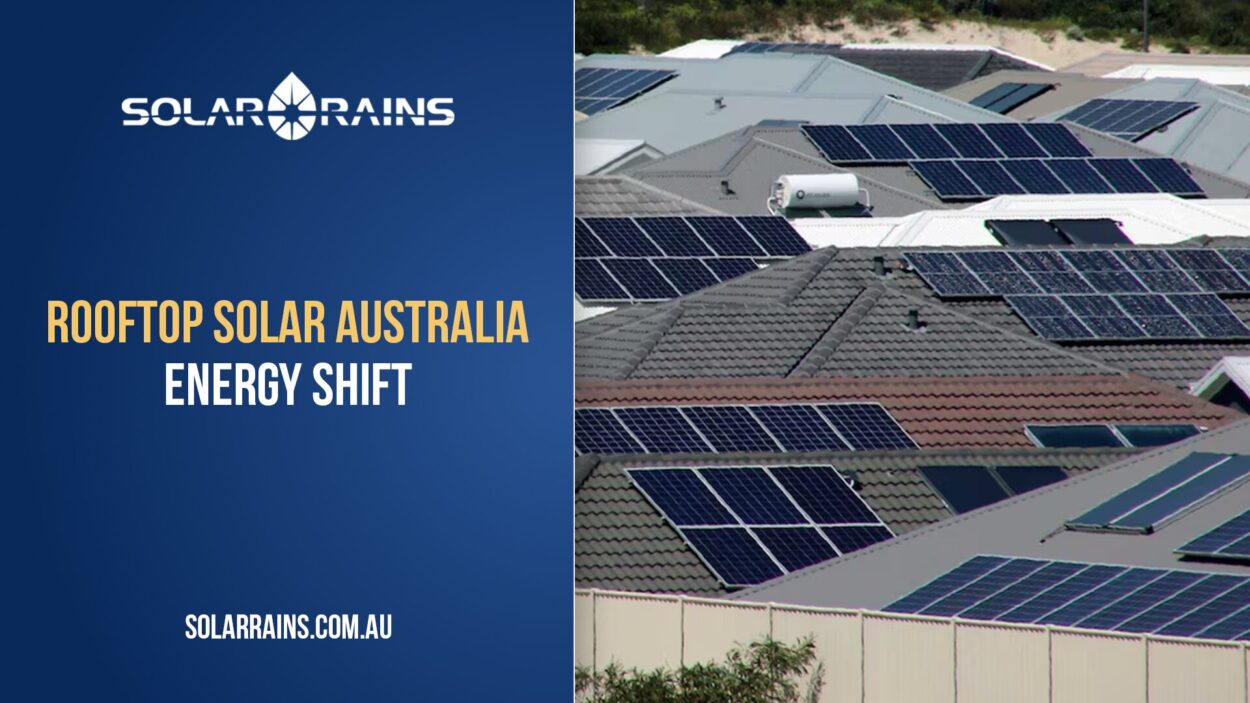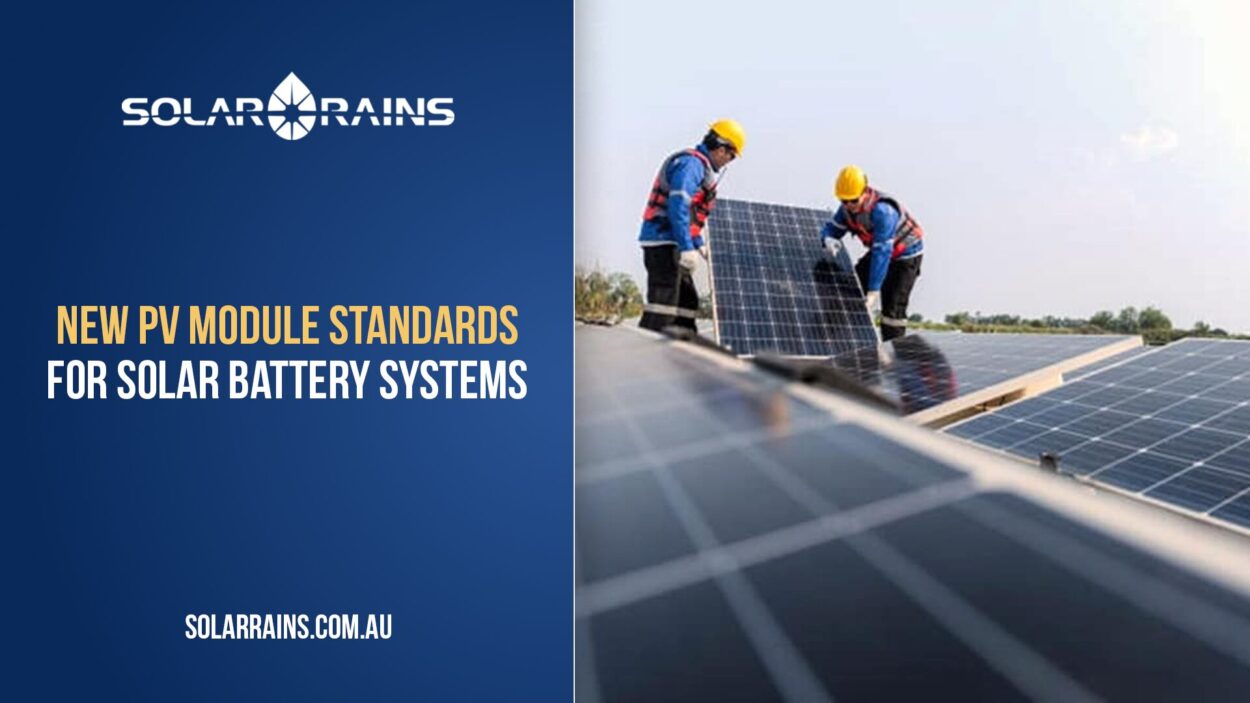In the face of rising electricity costs and increasing power outages across Australia, more homeowners and businesses are asking the same question: Should I invest in a solar battery or a generator for backup power?
At Solar Rains, a trusted solar supplier serving both residential and commercial markets, we understand the importance of choosing the right emergency power solution. This article compares solar batteries and generators across key factors like cost, reliability, environmental impact, and real-world usability, helping you make an informed choice.
What Is a Solar Battery?
A solar battery is an energy storage system that stores excess electricity generated by your solar products, such as rooftop solar panels. During a blackout or periods of high energy demand, the battery discharges power to your home or facility.
Popular in Australia due to abundant sunshine and increasing solar uptake, solar batteries are now a mainstream component of modern energy systems.
Key Features:
- Stores clean energy from your solar panels
- Automatically powers critical loads during outages
- Silent, with no emissions
- Requires minimal maintenance
What Is a Generator?
A generator converts fuel (like diesel, petrol, or natural gas) into electricity, usually via a combustion engine. For decades, it has been the traditional backup power source for homes, farms, and commercial operations.
Generators can be manual or automatic, portable or fixed, and are available in various capacities.
Key Features:
- Provides backup power instantly (if automatic)
- Can run for extended hours with fuel supply
- Ideal for areas with minimal solar access
- Lower upfront cost (typically)
Solar Battery vs Generator: Comparison Table
| Feature | Solar Battery | Generator |
| Power Source | Renewable solar energy | Fossil fuels (diesel, petrol, gas) |
| Environmental Impact | Clean, zero emissions | High emissions, noisy |
| Running Costs | Minimal (once installed) | Ongoing fuel & maintenance costs |
| Maintenance | Low (no moving parts) | Moderate to high |
| Noise | Silent operation | Loud (especially diesel/gas types) |
| Automation | Seamless with hybrid inverters | Varies (manual or automatic) |
| Lifespan | 10-15 years (Lithium LFP) | 5-15 years (depending on model) |
| Initial Investment | Higher upfront cost | Lower upfront cost |
| Grid Independence | Enables self-sufficiency | Does not reduce grid reliance |
| Government Rebates | Eligible under several battery schemes | Not eligible |
Cost & Affordability
While a generator typically has a lower initial cost (ranging from $1,000-$5,000), the running costs, including fuel, oil, and regular servicing, add up significantly over time.
A solar battery (e.g. a 10kWh system) can cost between $9,000-$14,000 fully installed in Australia. However, battery rebates and schemes like the Cheaper Home Batteries Program or the NSW Peak Demand Reduction Scheme help reduce upfront cost. Plus, the long-term savings from lower electricity bills and minimal maintenance often justify the investment.
Reliability During Blackouts
Generators have long been the go-to during blackouts because they don’t rely on sunlight. However, they require fuel on hand and may not automatically kick in unless configured properly.
Solar batteries paired with hybrid inverters can provide instant switchover to backup power. In most grid-tied systems, homeowners prioritise powering essentials like fridges, lights, and Wi-Fi routers during outages, tasks well suited for a 5-15kWh battery.
Pro Tip: For longer outages, systems with solar plus battery plus smart management (e.g., load shedding or battery scheduling) provide the best reliability.
Environmental Considerations
In an era of climate-conscious living, solar batteries offer a clear advantage. They harness renewable solar energy and produce zero emissions.
Generators, on the other hand, emit carbon dioxide, nitrogen oxides, and particulate matter. Their use may be restricted in some council areas due to air and noise pollution concerns.
If you’re a business or homeowner aiming to lower your carbon footprint, a solar battery system from a reputable solar supplier is the more sustainable choice.
Maintenance & Safety
Generators require:
- Oil changes
- Air/fuel filter replacement
- Fuel storage & stability checks
- Regular test runs
Solar batteries require:
- Occasional monitoring (via an app or inverter)
- Little to no physical maintenance
- Long warranties (up to 10 years for brands like Deye or AlphaESS)
From a safety perspective, solar batteries are enclosed systems with integrated fire safety mechanisms and IP-rated outdoor enclosures. Generators carry risks of fuel leaks, fumes, and improper ventilation.
Applications: Which One Suits You?
Choose a Solar Battery if you:
- Already have a solar system
- Want lower electricity bills long-term
- Prefer quiet, emission-free backup
- Live in a sunny region with frequent daytime blackouts
- Want to take advantage of government battery rebates
- Value energy independence
Choose a Generator if you:
- Need backup power for extended periods (e.g., 2–3 days)
- Live in remote areas with unreliable solar input
- Require portable or mobile emergency power
- Want lower upfront cost and don’t mind fuel management
Integrating Both: Hybrid Approaches
Some homeowners choose both, using a solar battery for everyday self-consumption and short outages, and a generator as a failsafe during extended outages or cloudy weeks.
This setup can be coordinated via a smart solar inverter system. For example, products offered by Solar Rains include hybrid inverter-compatible batteries, smart metering, and remote monitoring solutions to optimize usage.
FAQs: Solar Battery vs Generator
A solar battery, especially when paired with solar panels and rebates, typically provides better long-term savings compared to a generator with ongoing fuel and servicing costs.
Yes. Many systems allow seamless integration of both. A smart inverter can manage the charging of the battery from both solar panels and a backup generator.
For basic home backup (lights, fridge, Wi-Fi), 5–10kWh is sufficient. If you have high power needs (e.g. air conditioning or medical equipment), consider 10–15kWh or larger.
Yes, if the system is sized appropriately. You can store excess solar from sunny days, and hybrid systems may even charge from the grid at off-peak times.
No. Generators are fossil-fuel-based and not eligible for solar-related government incentives.
Conclusion
When it comes to emergency backup, both solar batteries and generators have their merits, but they serve different priorities.
- If you value quiet, clean energy and long-term savings: Solar battery is the winner.
- If your concern is prolonged outages and you need power regardless of sunlight: A generator might be the short-term fix.
- Want both? Combine them under a smart energy management system.
At Solar Rains, we stock a wide range of solar batteries, hybrid inverters, and other solar products designed for Australian homes and businesses. As a reliable solar supplier, we’re here to help you choose the right backup for your needs.


